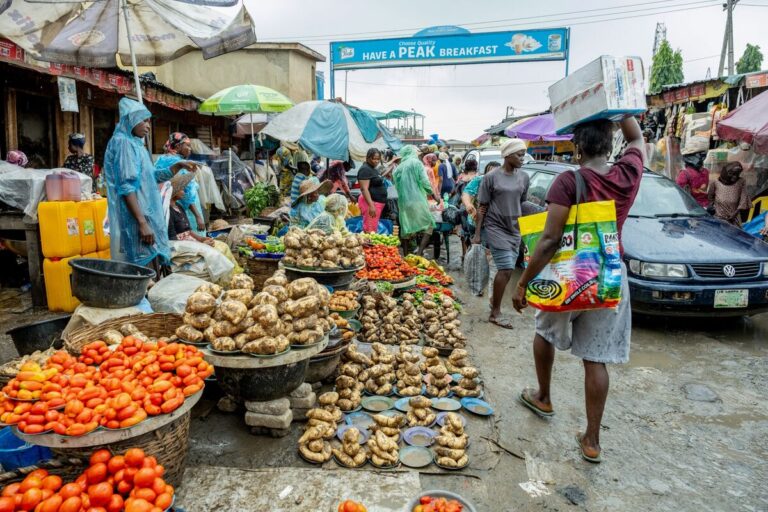In Nigeria, inflation has surged to its highest level in over 27 years, marking the 12th consecutive month of rising prices, according to the National Bureau of Statistics. The average increase in the price of goods is nearly 29% compared to the previous year.
Basic food items, such as bread, fruit, and eggs, have experienced an even steeper rise in costs. Analysts attribute the inflationary pressures to elevated fuel prices and the depreciation of the national currency, the naira.

Since assuming office in May, President Bola Tinubu has undertaken significant economic reforms, including the elimination of a costly fuel subsidy and the devaluation of the currency, aiming to stimulate economic growth.


